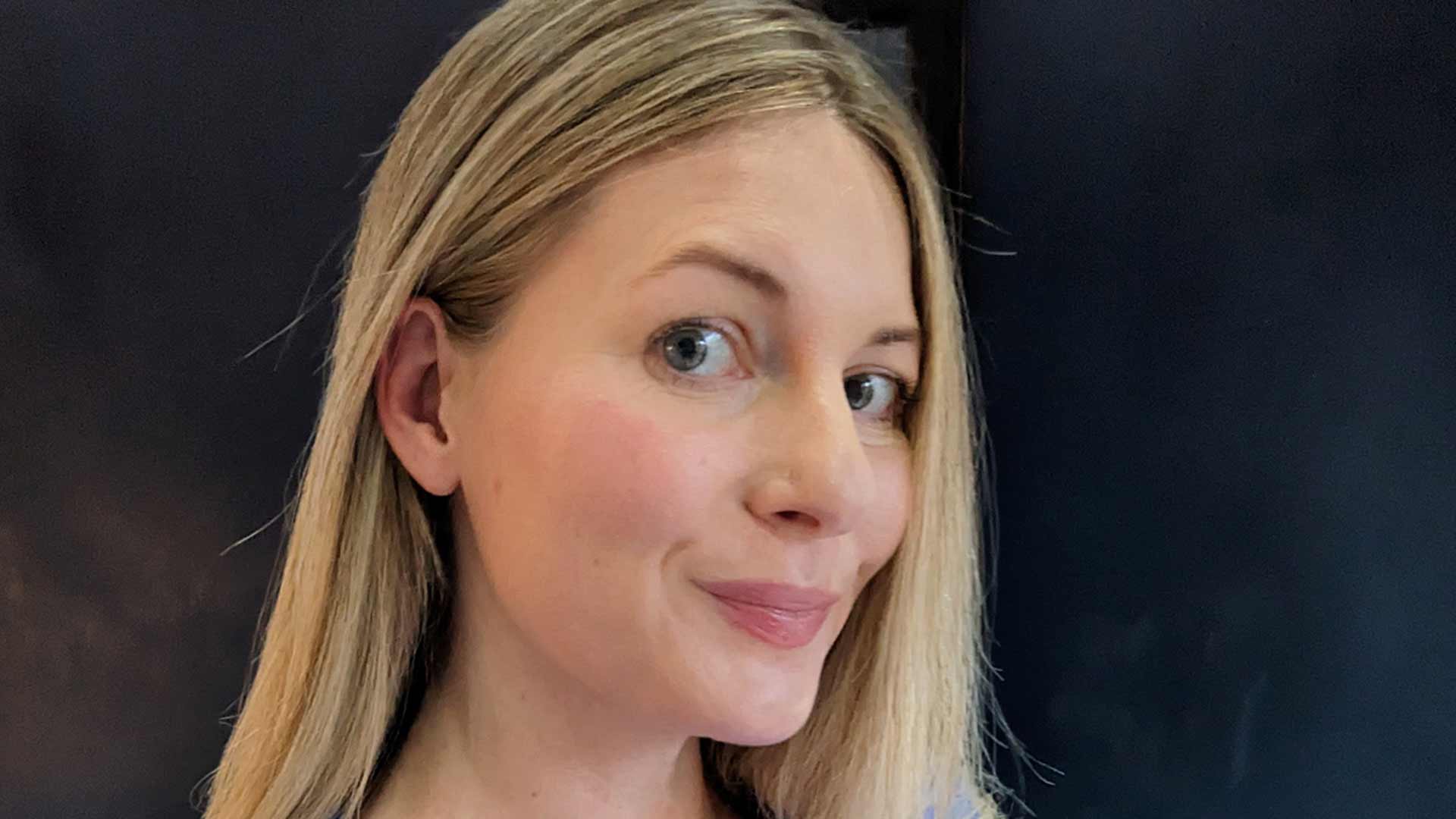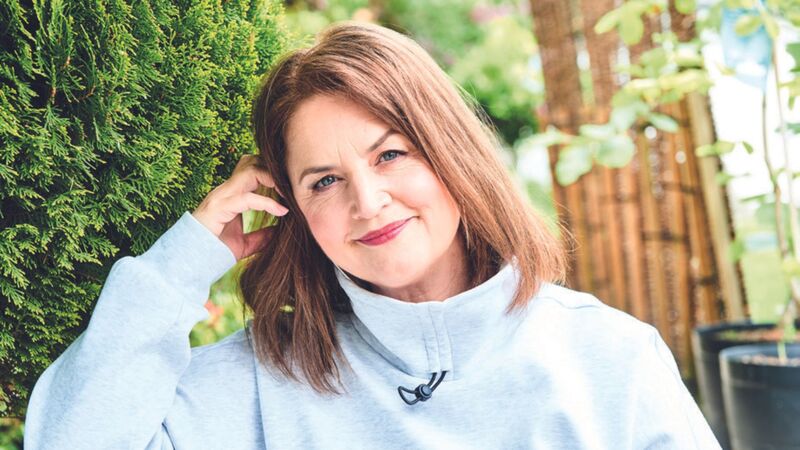You are viewing your 1 free article this month. Login to read more articles.
Legend signs novel inspired by life and achievements of scientist Rosalind Franklin
Legend Press has signed Rosalind, “the fictionalised retelling of the story of one of the 20th-century’s most important scientists, Rosalind Franklin”, by debut author Jessie Mills.
Cari Rosen, commissioning editor at Legend Press, acquired world rights directly from the author. The novel will be published on 1st February 2024.
The publisher says: “It has been more than half a century since Rosalind Franklin, whose work proved the two-chain helical structure of DNA in 1952, was cheated out of a Nobel Prize, which instead went to three male scientists – James Watson, Francis Crick and Maurice Wilkins. A trove of letters between the men found in 2010 showed the extent of their larceny.
"The woman behind science’s greatest discovery has been variously referred to as obsessive, difficult and the dark lady of DNA. But why was she called these names, and were they justified? Written following years of intensive archival research, Jessie Mills brings Rosalind Franklin’s voice to life in this fascinating and revealing novel.
“Rosalind explores how women have been written out of the history books, examining ‘The Matilda Effect’, how women’s ideas are often co-opted in male-dominated fields such as science. The narrative explores the protagonists’ foibles, sympathies and prejudices to touch on truths about how and why women’s work has been systematically stolen or overlooked across history.”
Mills is a journalist – under the name Jessica Davies. She has written for publications such as the Independent, the Wall Street Journal and website Business Insider, where she investigated the use of flammable cladding in hospital intensive care units in 2020. Jessica was an editor at Dow Jones, leading the team that uncovered the misuse of funds at Abraaj and a member of the Women at Dow Jones steering committee. She was longlisted for the Exeter Novel Prize in 2020.
Mills commented: “While the three Nobel laureates told their own story in respective autobiographies, Rosalind never had the opportunity to tell hers. My book aims to give her a voice for the first time in history. Her letters show she was funny and analytical, though prevailing attitudes meant her intellect, personality and looks were dissected and criticised by male colleagues. Studies have shown the ‘double bind’, the expectation that women should conform to stereotypical ideas of femininity, still affects women’s opportunities today when it comes to pay and perceptions of performance in the workplace.”
Rosen added: “I love the way that this novel gives Rosalind Franklin the voice that society denied her, and allows us to uncover who the invisible woman behind one of science’s greatest discoveries really was. We are delighted to be publishing this fascinating biographical drama which highlights the constant discrimination Franklin faced right up to the end of her life.”


















